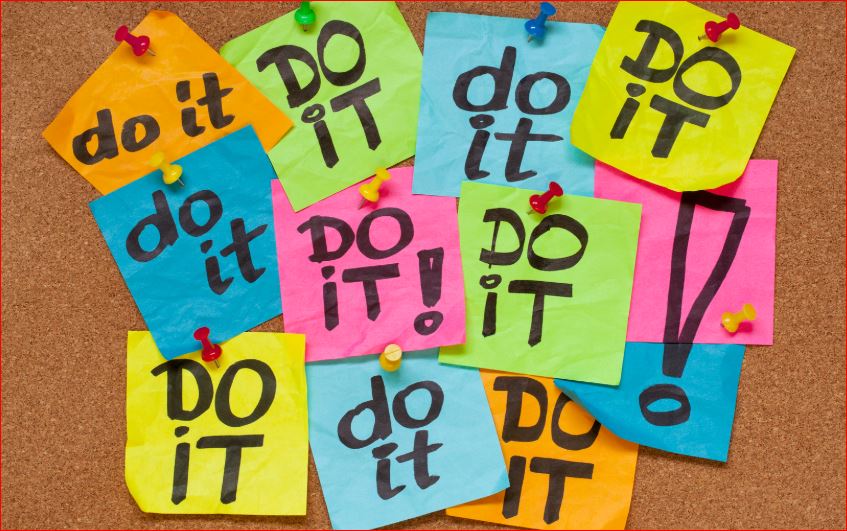Mastering Nonverbal Communication When You Have ADHD
This comprehensive guide explores the specific ways ADHD affects nonverbal communication, provides evidence-based strategies for improvement, and offers practical tools for thriving in personal and professional relationships. You’ll discover actionable techniques to strengthen your nonverbal communication skills while working with—not against—your ADHD brain.










